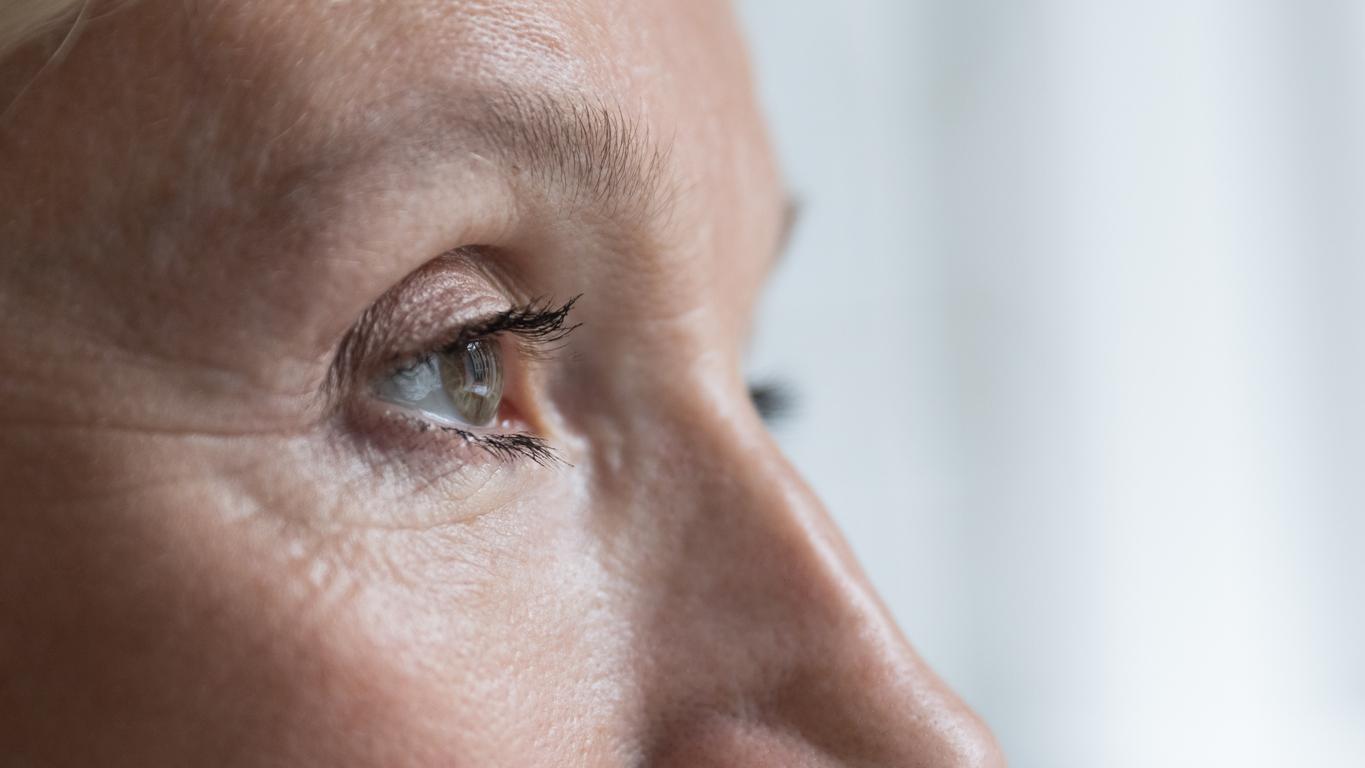To reduce the average waiting time for an appointment with an opthalmologist, they rely on the delegation of tasks via orthoptists.

108 days is the average waiting time to get an appointment with the ophthalmologist, according to a study presented at the congress of the French Society of Ophthalmology (SFO). While several medical specialties are also concerned by this problem, these visual health professionals have just offered their solutions to reduce these waiting times.
According to the National Union of Ophthalmologists of France (SNOF), the miracle solution would not be to increase the number of trained doctors. On the other hand, these specialists want to encourage the delegation of tasks to other health professionals. High-performing nurses, secretaries, but above all orthoptists seem to be the keystone of a rapidly evolving ophthalmology.
Very short deadlines for emergencies
In an investigation revealed on Monday, the SNOF returns to the waiting times. Thus, when the concept of median delay is introduced, it turns out in the end that half of the patients obtain a consultation before 74 days. Finally, this survey conducted by telephone in December 2013 also shows that these deadlines vary significantly depending on the type of appointment. Pathologies at risk, for example, remain covered within deadlines deemed more acceptable.
Listen to Dr Jean Bernard Rottier, president of SNOF: ” When faced with an emergency, such as a retinal problem such as AMD, if people express the signs well to the secretaries, the time limit can be very short, on average 2.5 days. “
The survey results also show that faced with a call from a 55-year-old diabetic patient requesting a consultation for an eye fundus, the median appointment time is 52 days. A time frame certainly shorter than for a simple vision check, but it seems that it is still possible to do better to satisfy the patients. A population questionnaire, initiated by the SNOF, had precisely shown that 30 days was the maximum acceptable time for patients.
Moreover, even if it seems that these sometimes interminable waiting times have no medical consequences, especially in ophthalmology, they would still have another impact. Six in ten French people have already given up on care, because of their difficulty in getting an appointment according to the IFOP survey published in 2012.
Focus on orthoptists to reduce waiting times
In order to hope to shorten these delays, ophthalmologists are therefore proposing a complete reorganization of their care system. According to them, the model of the doctor alone in his office is obsolete. According to the SNOF, the practices of the future will first of all bring together ophthalmologists and orthoptists – a paramedical profession that supports, for example, the rehabilitation of certain vision disorders – but perhaps also nurses and nurses. opticians.The doctor This saving of time would allow the doctor to devote himself to the most complicated cases. But within ten years, we could even consider going further thanks to telemedicine.
Listen to Dr Jean Bernard Rottier : ” To cover areas where the ophthalmologists have retired without replacement, we could put trained orthoptists under the responsibilities of an ophthalmic center, who would submit cases by teleconference. “
Other specialties are thinking about delegation tasks, in particular the gynecologists with the midwives. But if such a transfer were to take place in all the specialties concerned by these excessively long waiting times, the cost of such an operation remains to be resolved. The Ministry of Health was already working on a financing scenario, according to Jean Bernard Rottier. The budget devoted to reimbursements for consultations of ophthalmologists retiring each year could shift to ophthalmologists of sector 1 in practice. This envelope would allow them to recruit orthoptists, nurses… and therefore to set the delegation of tasks to music.
.















